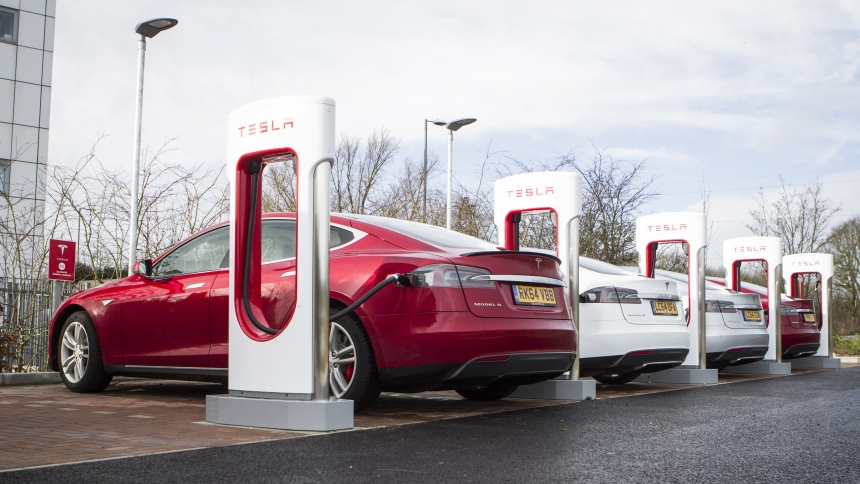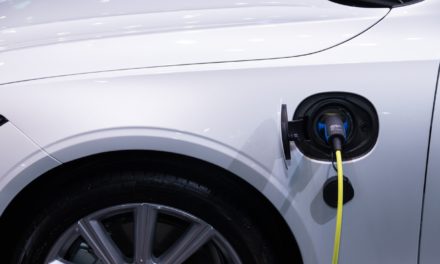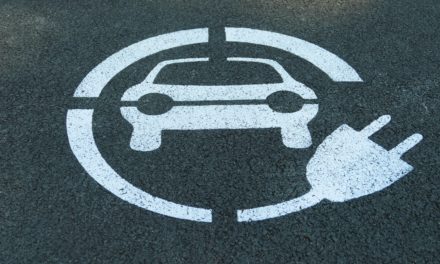The electric car industry has experienced a significant growth surge in recent years, with sales skyrocketing around the world. According to data from the International Energy Agency (IEA), the global electric car stock exceeded 10 million vehicles in 2020, up from just over 2 million in 2016. This shows that the world is slowly but surely transitioning from traditional gas-powered vehicles to electric ones.
The adoption of electric cars has been driven by various factors such as government incentives, technological advancements, and increasing consumer awareness of the environmental benefits of electric vehicles. As a result, countries like Norway, China, and the Netherlands have seen a significant increase in electric car sales in recent years.
Norway has been leading the way in electric car sales, with over 74% of new cars sold in the country being electric in 2020. This is due to a combination of tax incentives, reduced tolls and free parking for electric cars, and the country’s abundant renewable energy sources. Norway’s commitment to electrification has made it a role model for other countries to follow.
China, the world’s largest car market, has also been a significant player in the electric car market. In 2020, China accounted for more than 40% of global electric car sales, with over 1.2 million electric cars sold. The Chinese government has been investing heavily in electric vehicle infrastructure and offering subsidies to both consumers and manufacturers, making it an attractive market for electric cars.
The Netherlands is another country that has seen a surge in electric car sales, with over 20% of new car sales being electric in 2020. The country has been promoting the use of electric cars through tax incentives and reduced parking fees for electric vehicles. In addition, the Netherlands is home to one of the largest electric vehicle charging networks in Europe, making it easier for consumers to adopt electric cars.
Other countries such as the United States and Germany have also seen an increase in electric car sales, with electric car sales growing by over 40% in both countries in 2020. This growth has been driven by government incentives and the increasing availability of electric car models from major car manufacturers.
Overall electric car sales are on the rise globally, and the trend is likely to continue as more countries commit to reducing their carbon footprint. The adoption of electric cars will not only help reduce greenhouse gas emissions but also improve air quality in cities and reduce dependence on fossil fuels. With technological advancements and government support, electric cars are quickly becoming the future of transportation.
How has the ULEZ impacted EV ownership in the UK capital
The London Emissions Zone, also known as the Ultra Low Emission Zone (ULEZ), was introduced in April 2019 to improve air quality in the city. The ULEZ sets strict emissions standards for vehicles driving within certain areas of London, with heavy fines for non-compliant vehicles. This has had a significant impact on electric vehicle (EV) ownership in London.
Firstly, the introduction of the ULEZ has incentivized Londoners to switch to electric cars, as they are exempt from the emissions charges. This has led to an increase in the number of EVs on London roads. According to Transport for London (TfL), there were over 32,000 electric cars registered in London as of March 2021, compared to just over 4,000 in 2016.
Secondly, the ULEZ has encouraged businesses to switch to electric vans and trucks to avoid the charges. This has led to an increase in the number of commercial electric vehicles on London roads, which has helped to reduce emissions from the transport sector. According to a report by the London Assembly Environment Committee, the number of electric commercial vehicles in London increased by 85% in the year following the introduction of the ULEZ.
Thirdly, the ULEZ has had a positive impact on air quality in London. According to TfL, nitrogen dioxide (NO2) concentrations in central London have reduced by 44% since the ULEZ was introduced. This has helped to improve the health of Londoners and reduce the number of premature deaths caused by air pollution.
The ULEZ incentivized individuals and businesses to switch to electric vehicles, which has helped to reduce emissions and improve air quality in the city. With the expansion of the ULEZ in October 2021, which covers a larger area of London, it is likely that more Londoners will switch to electric cars in the coming years.
What is the most popular Electric car in London?
According to recent data from the UK Society of Motor Manufacturers and Traders (SMMT), the Tesla Model 3 was the most popular electric car in London in 2021. The Model 3 accounted for 5.5% of all new car registrations in London, making it the best-selling electric car in the city. The Nissan Leaf was the second most popular electric car in London, with 3.6% of new car registrations, followed by the Volkswagen ID.3 with 3.3%.
The popularity of the Tesla Model 3 in London can be attributed to its impressive range, high-tech features, and sleek design. It has a range of up to 360 miles on a single charge, making it one of the most long-range electric cars on the market. It also has advanced features such as autopilot, a minimalist interior design, and a large touchscreen display.
The Nissan Leaf, which has been available in the UK since 2011, has also been popular in London due to its affordable price, practicality, and reliability. It has a range of up to 168 miles on a single charge and features such as ProPILOT Assist, which offers advanced driver assistance features.
The Volkswagen ID.3, which was launched in 2020, has also gained popularity in London due to its stylish design, spacious interior, and advanced technology features. It has a range of up to 336 miles on a single charge and features such as an augmented reality head-up display and a voice-controlled infotainment system.








Trackbacks/Pingbacks